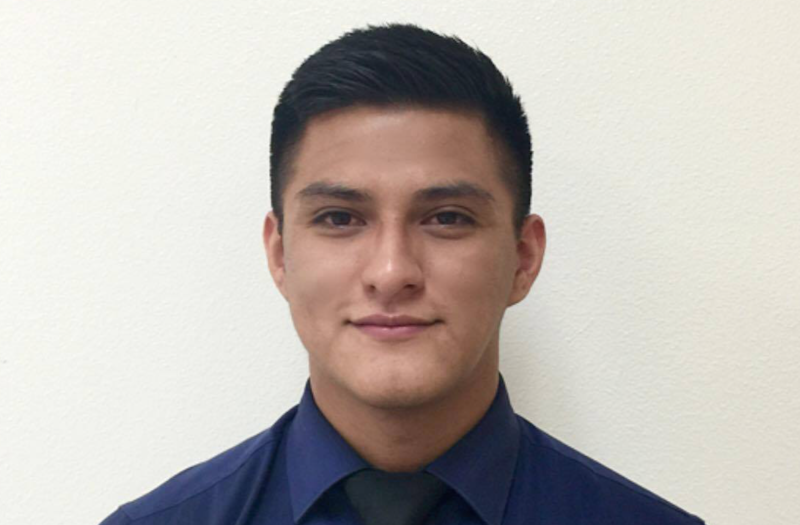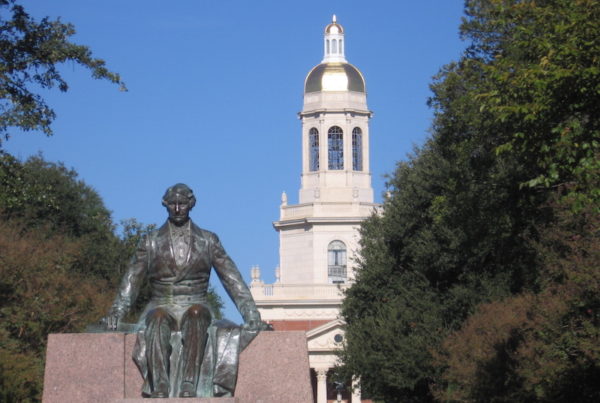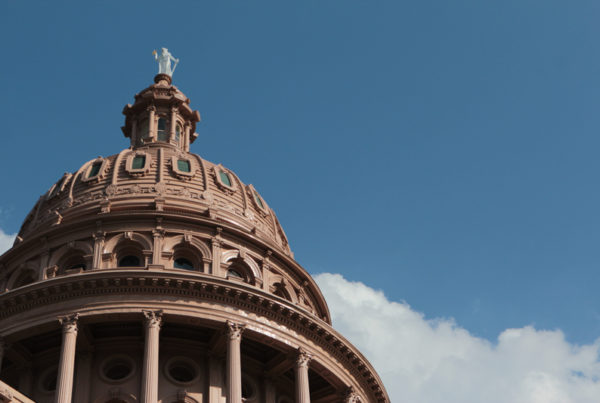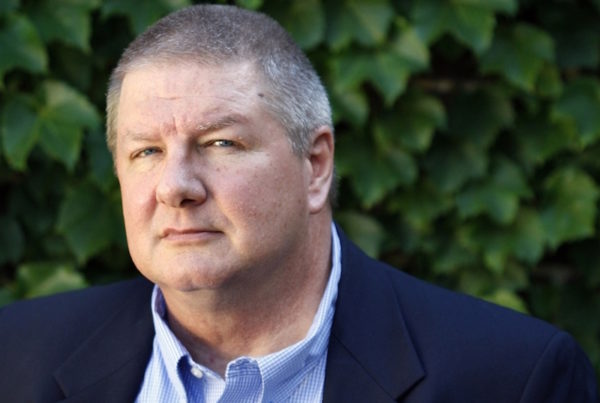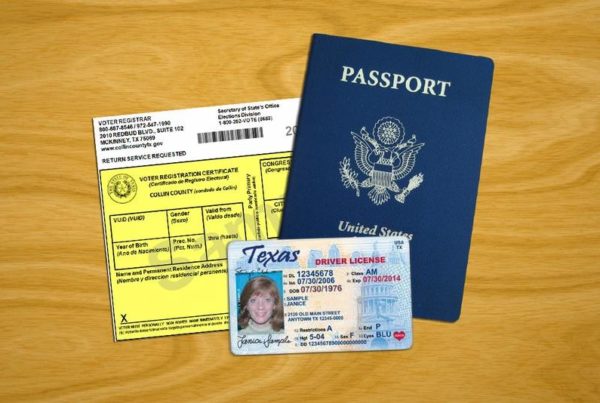The Rio Grande Valley is buzzing with construction of a new medical school at the campus of the University of Texas Rio Grande Valley. More than 2,700 people applied to become part of the school’s first class. But only about 50 got accepted to start this fall. Julio Ramos was one of those lucky few – at first.
“UTRGV accepted me. They were supportive of me, but the UT system was not,” he says.
Ramos says that’s because he’s a Deferred Action for Childhood Arrivals (DACA) student – meaning he’s in a legal state of limbo – still undocumented but protected from deportation.
“And recently they told me that they could not accept me.”
The outcome surprised him. DACA students are generally welcomed most everywhere, into most careers. But then he noticed a pattern.
“I got to interview at San Antonio and Galveston – I was even offered admission to both and a scholarship to Galveston,” Ramos says. “And then they found out and then they’re like, ‘If you cannot provide any evidence that you’re a permanent resident or U.S. citizen, the decision will be rescinded.’”
In Texas, there’s only one medical school that admits DACA students: the University of North Texas.
Jeff Carlton is a UNT spokesperson. He says the school looks at merit and diversity in its applicants.
“We’re looking at a student’s (Medical College Admissions Test) scores, academic record, their orientation toward service, maybe their reasoning for choosing a career of medicine, things like that,” Carlton says. “But immigration status has never been among the factors that we consider.”
Carlton says that has always been UNT’s policy, but he does understand why other institutions have different guidelines.
“Most residencies, which is what a medical student goes on to after they graduate, most residency programs are three-year-long programs,” he says. “In a state with limited resources you don’t want to be investing in someone who may not be able to complete their training.”
Currently there is no overarching law that says DACA students cannot attend med school. It’s basically up to the individual institution to create its own policies.
Betty Monfort is senior associate dean for admissions at the new medical school in the Rio Grande Valley. She says the decision not to admit DACA students is precisely because the school is new.
“The DACA students are very well deserving young men and women with great qualifications,” Monfort says. “But with only 50 seats – our hands are tied in certain ways. So to start we figured we just follow the policies and deadlines of every other medical school in Texas.”
Or at least most of the schools in Texas. Monfort does say, however, that the policies are subject to change.
“Yes they will be reviewed,” she says. “They will be reviewed every couple of years until we get full accreditation, until we graduate our first class.”
As for student Julio Ramos, he’s not giving up his dream of becoming a doctor, even if that means leaving his home in Texas to attend Loyola University in Chicago.
“I’m going to focus on making myself the best candidate possible to be accepted into Loyola because Texas doesn’t want me so I need to go to Illinois,” he says.
The decision is bittersweet for Ramos. After our conversation that day, he texted to say he got accepted at Loyola – a school considered a haven for DACA students.
But even if he’s admitted into a med school, that’ll only be the first battle. When the time comes, he’ll have to apply again. This time to be accepted into a residency program.


